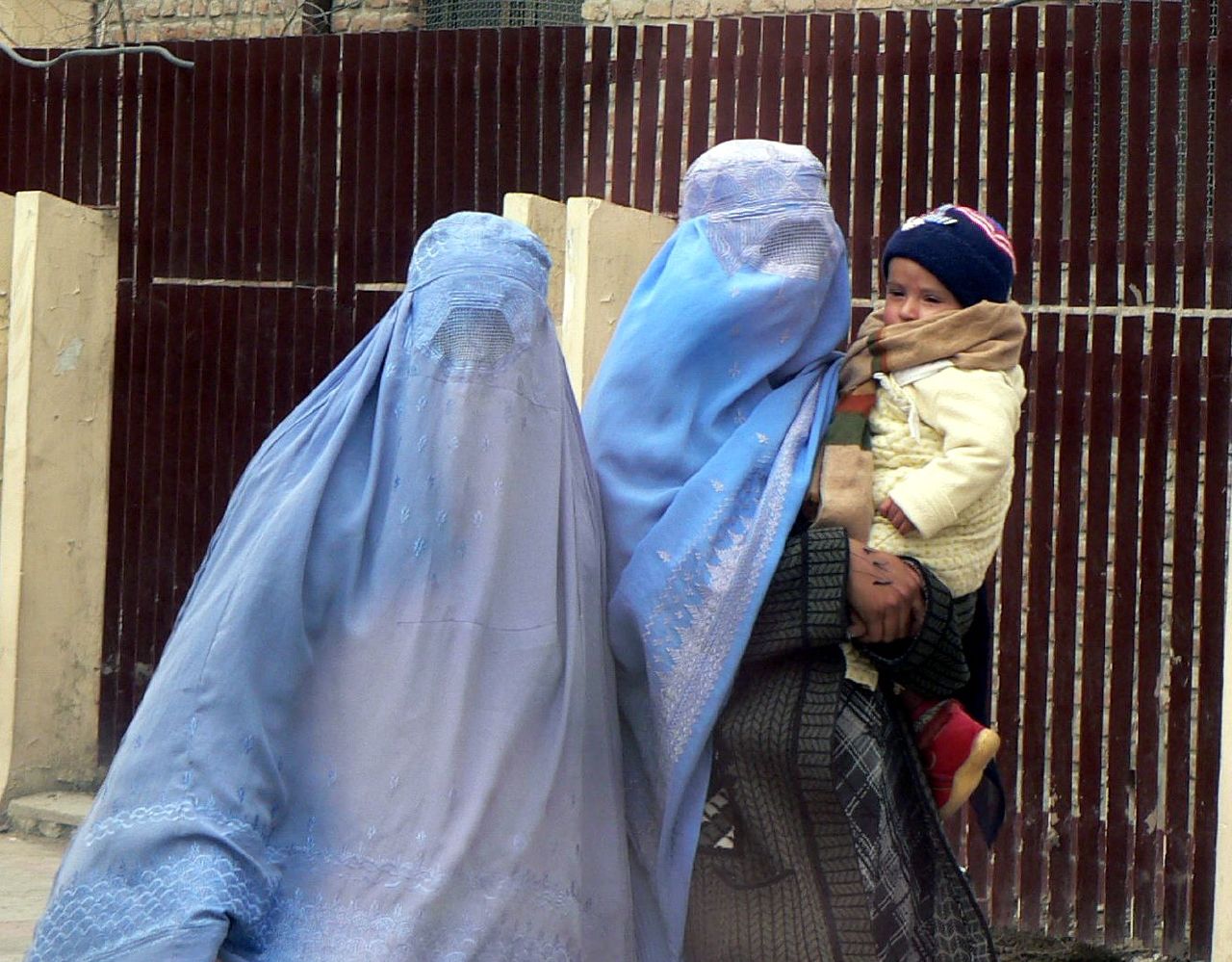- About
- Topics
- Story
- Magazine
- In-Depth
- Picks
- Opinion
- News
- Donate
- Signup for our newsletterOur Editors' Best PicksSend
Read, Debate: Engage.
| topic: | Humanitarian Aid |
|---|---|
| located: | Afghanistan |
| editor: | Shadi Khan Saif |
The humanitarian community has rightly joined hands in the urgent call for immediate aid for Afghanistan - but there is a way to address the longstanding difficulties once and for all?
War-weary Afghans, already facing shortages of basic needs and a total freeze of state funds in the wake of the Taliban’s takeover, are now preparing for the arrival of a harsh and challenging winter.
Life has been difficult for many of Afghanistan’s poor and marginalized even before the latest wave of uncertainties that are caused by the global powers wrongly placed geostrategic priorities in the region at the cost of the Afghans’ lives.
It is a bittersweet reality that media attention and public assistance are only garnered after desperate and immediate calls for help - which eventually lead to the emergency delivery of donation funds. These are absolutely necessary humanitarian aid measures, as noted by the UN’s World Food Programme, which announced that 22.8 million Afghans could face acute food insecurity this winter and 3.2 million children could suffer from malnutrition. The humanitarian crisis in Afghanistan has never been more critical.
But while providing immediate assistance is a necessary bandage, the humanitarian community should also look beyond solving only the pressing needs and consider long-term sustainable measures that fortify vulnerable Afghan communities and set them up for self-reliance. Humanitarian efforts to establish political stability are, unfortunately, nothing more than wishful thinking due to the mammoth-scale of the task.
Instead, humanitarian efforts should - in my humble opinion, as a senior journalist with nearly two decades of field experience - focus equally on aid and development. Afghanistan requires three major areas of development: energy and communication infrastructure, self-sufficient agricultural means and education.
There is absolutely nothing wrong with delivering immediately necessary food items to the most vulnerable in need; but the argument here is that the international community should focus its efforts on creating long-term projects that will generate jobs and opportunities for the vulnerable citizens to earn their livelihood and build their nation.
A great lesson can be learned from projects like the Civilian Conservation Corps of the 1930's in the US at the time of the Great Depression that engaged the population with a strong sense of ownership and participation in rebuilding one’s country.
Image by ArmyAmber

